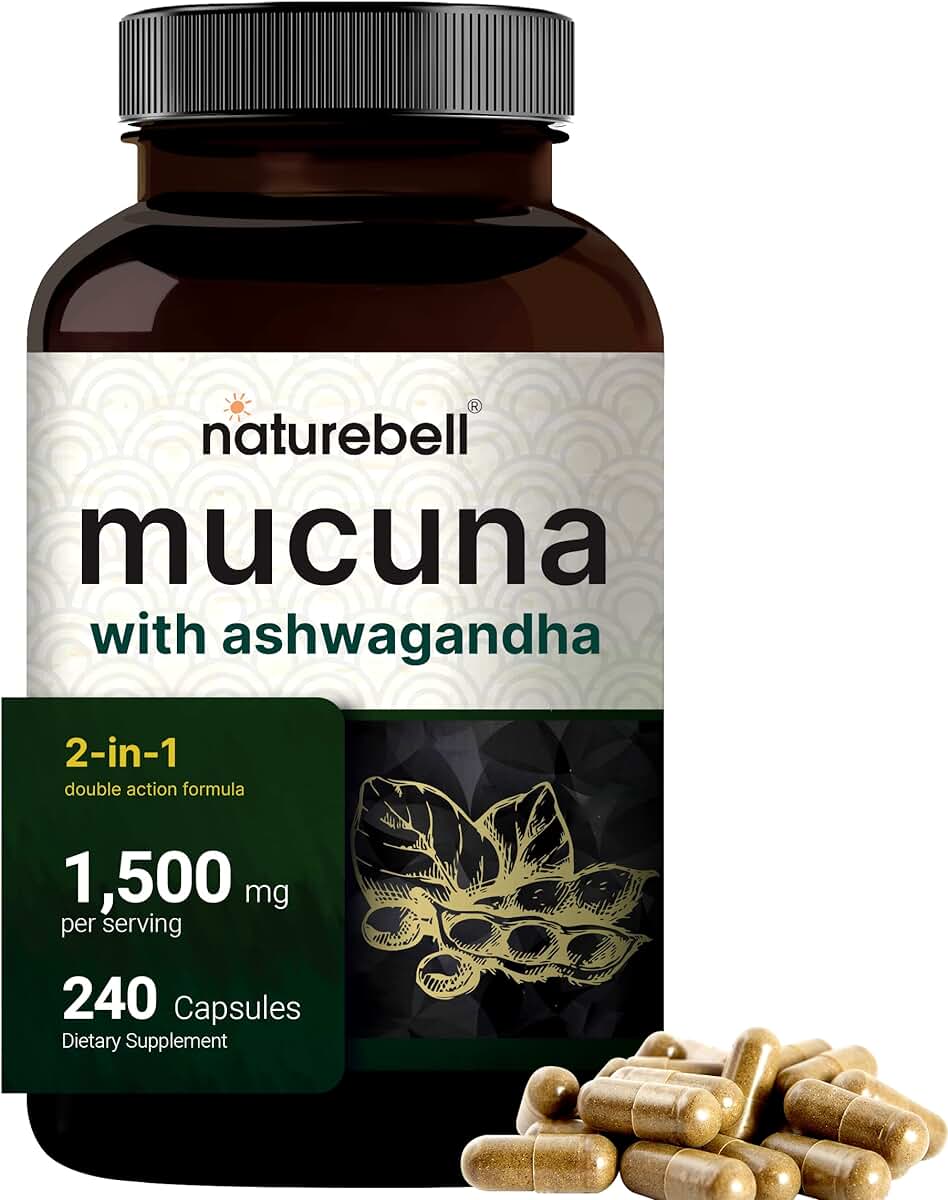Mucuna pruriens, also known as velvet bean or cowhage, is a tropical legume native to Africa and Asia. It has a long history of traditional use in Ayurvedic medicine, where it is revered for its diverse therapeutic properties. Mucuna pruriens supplements, derived from the seeds of the Mucuna pruriens plant, have gained popularity in modern times for their potential health benefits. This comprehensive guide explores the multifaceted advantages of mucuna pruriens supplements, drawing upon both historical use and contemporary scientific research.
Historical and Cultural Significance
Mucuna pruriens has been used for centuries in traditional medicine systems such as Ayurveda, where it is known as Kapikachhu. In Ayurvedic texts, mucuna pruriens is described as a potent aphrodisiac, nervine tonic, and rejuvenating herb. It has been traditionally used to promote vitality, enhance libido, and support overall well-being. Additionally, mucuna pruriens has been used to address a wide range of health concerns, including neurological disorders, male infertility, and mood imbalances. Its historical significance and widespread use in traditional medicine highlight its reputation as a valuable herbal remedy.
Neurological Support
One of the primary benefits associated with mucuna pruriens supplements is their potential to support neurological health and function. Mucuna pruriens contains high levels of L-DOPA (levodopa), a precursor to dopamine, a neurotransmitter that plays a crucial role in regulating mood, motivation, and movement. L-DOPA supplementation may help increase dopamine levels in the brain, which can have a neuroprotective and neuroregenerative effect. Mucuna pruriens supplements are often used to support individuals with neurological conditions such as Parkinson’s disease, depression, and anxiety.
Mood Enhancement
Mucuna pruriens supplements are valued for their mood-enhancing effects, attributed to their ability to increase dopamine levels in the brain. Dopamine is often referred to as the “feel-good” neurotransmitter, as it plays a key role in regulating mood and pleasure. By boosting dopamine levels, mucuna pruriens supplements may help alleviate symptoms of depression, anxiety, and stress. Additionally, mucuna pruriens may promote feelings of happiness, well-being, and relaxation, making it a popular natural remedy for improving mood and emotional balance.
Hormonal Balance
Mucuna pruriens supplements may help support hormonal balance, particularly in men. The herb contains compounds such as L-DOPA, which can help regulate testosterone levels and promote reproductive health. Mucuna pruriens supplements have been shown to increase sperm count, motility, and quality, making them beneficial for men experiencing infertility or reproductive issues. Additionally, mucuna pruriens may help improve libido, sexual performance, and erectile function, supporting overall sexual health and vitality.
Muscle Growth and Recovery
Mucuna pruriens supplements may have benefits for muscle growth, strength, and recovery, particularly for athletes and fitness enthusiasts. The herb contains bioactive compounds that help stimulate the production of growth hormone, which plays a key role in muscle growth and repair. Additionally, mucuna pruriens may help reduce muscle fatigue, improve exercise performance, and enhance recovery following intense physical activity. By supporting muscle health and function, mucuna pruriens supplements may help individuals achieve their fitness goals and maintain an active lifestyle.
Antioxidant Protection
Mucuna pruriens supplements provide potent antioxidant protection against oxidative stress and free radical damage. The herb contains a variety of antioxidants, including flavonoids, polyphenols, and alkaloids, which help neutralize harmful free radicals and prevent cellular damage. By reducing oxidative stress, mucuna pruriens may help protect against chronic diseases, slow down the aging process, and promote overall health and longevity. Additionally, mucuna pruriens’ antioxidant properties may have neuroprotective effects, helping to preserve cognitive function and reduce the risk of neurodegenerative diseases.
Usage and Dosage
Mucuna pruriens supplements are available in various forms, including capsules, tablets, powders, and tinctures. The appropriate dosage may vary depending on factors such as the specific health concern being addressed, the concentration of active ingredients in the supplement, and individual factors such as age, weight, and overall health status. It is advisable to follow the manufacturer’s instructions or consult with a healthcare professional to determine the suitable dosage for optimal results.
Safety Considerations
Mucuna pruriens supplements are generally considered safe for most people when used as directed. However, some individuals may experience mild side effects such as nausea, headache, or gastrointestinal discomfort. Pregnant and breastfeeding women should avoid the use of mucuna pruriens supplements due to the lack of safety data. Additionally, individuals with certain medical conditions or taking medications should use mucuna pruriens supplements cautiously and under the guidance of a healthcare provider, as it may interact with certain medications, including antidepressants and medications for Parkinson’s disease.
Conclusion
Mucuna pruriens supplements offer a wide range of potential health benefits, from supporting neurological health and mood enhancement to promoting hormonal balance and muscle growth. Rooted in centuries of traditional use and supported by contemporary research, mucuna pruriens continues to be recognized as a valuable herbal remedy with diverse therapeutic effects. However, it is essential to use mucuna pruriens supplements judiciously and under the guidance of a healthcare professional, especially for individuals with pre-existing medical conditions or those taking medications. With careful use, mucuna pruriens supplements may serve as a valuable addition to a holistic approach to health and well-being.
- Unlock Your Inner Glow: A Fun-Filled Review of Loxa Beauty Mushroom Gummies! - May 23, 2024
- Benefits of Mucuna Pruriens Supplements - April 1, 2024
- Benefits of Motherwort Supplements - April 1, 2024

